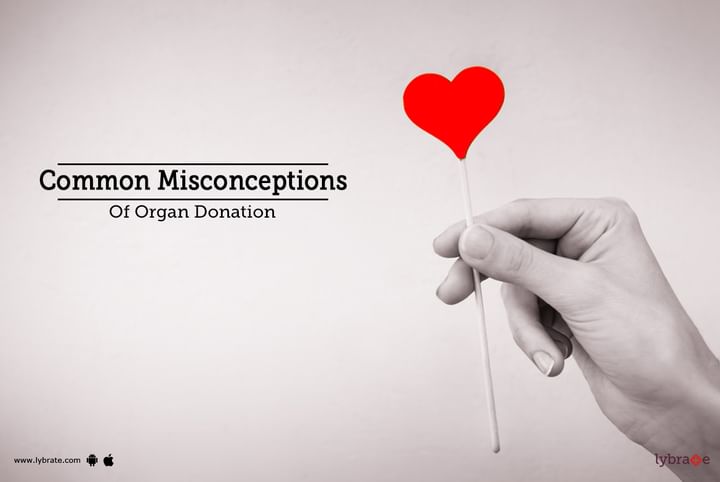Common Misconceptions Of Organ Donation!
Organ donation has still not become a very widely accepted idea in India with only about 1% of Indians donating their organs. Most people avoid discussing it and very few ever sign up for it. However, it is the myths surrounding the organ donation procedure that stop people from considering it seriously. Here are some misconceptions that you might have regarding organ donation and these might be preventing you from potentially saving the life of another person.
Myth 1- Only very young people can donate organs.
While it is true that your organs are in a relatively better condition when you are young than they are as you grow old, it does not mean that the elderly become automatically ineligible for the donation. In fact, doctors will check whether your organs are viable at the time of donation, no matter the age at which you sign up for the process. So, go ahead and initiate the paperwork required to sign up for organ donation, without worrying about whether you are too old or too young.
Myth 2- If you are unfit, you cannot donate organs.
Most diseases affect only certain parts of the body. For instance, if you have a blockage in your heart, you may still be able to donate your liver, your eyes and most of the other organs in the body apart from the heart. If you sign up for organ donation, the doctors will assess the condition of all your organs at the time of your death to determine which of the organs can be harvested.
Myth 3- Doctors will not try as hard to save your life if you are a donor.
It is against the professional ethics of doctors to not give their absolute best while trying to save the life of their patients. It does not matter whether you are an organ donor or not, the primary mission for any doctor is to ensure that their patient remains not just alive but also as healthy and fit as possible.
Myth 4- Your family will be charged when your organs are being removed.
No monetary transaction takes place the hospital and the donor's family during organ donation. You and your family only have to bear the charges related to your treatment during the course of your stay at the hospital. The costs associated with the removal of the organs after death will not have to be paid by the donor's family.



+1.svg)
